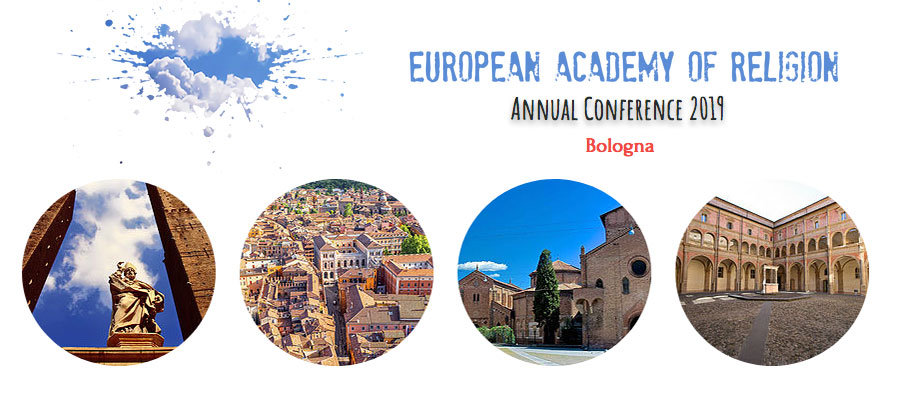Writing about the God-loving King: Narratives regarding Royal Conversions as a Factor of Christianization in Late Antiquity, panel at the European Academy of Religion Annual Conference 2019, Bologna, March 4–7, 2019
The process of Christianization and transformation of the Roman Empire into a Christian state is undoubtedly associated with the significant event of the «conversion» of the Roman Emperor, Constantine, to Christianity. The most important source that is closest to the facts related to this matter is the work of the Church historian and biographer of Constantine, Eusebius, bishop of Caesarea in Palestine. Regardless of the question concerning the credibility of Eusebius’ descriptions or his attempt to sanctify the emperor, these narratives played a catalytic role in the framing of the political theology of Christianity based on the idea of the «God-loving king» and influenced both later Christian authors and the very process of Christianization within and beyond the borders of Roman Empire.
During, more or less, the same period, however, apart from the case of the Constantine’s turn- ing, conversions of other kings or local rulers to Christianity which are associated to the spread of the new faith in specific regions or the Christianization of entire nations, are recorded in several written sources. As indicative examples placed in the pre-Constantine period, we can mention the conversion of Abgar, king of Edessa in Mesopotamia, as it is described on the one hand in Greek by Eusebius of Caesarea in his Ecclesiastical History and on the other in Syriac by an anonymous author in the famous work Doctrina Addai, as well as the case of the baptism of Tridat, king of Armenia by Gregory the Illuminator attested in several sources both in Greek and Armenian. Αs contemporary to Constantine examples, the cases of the ruler of Axum, Ezana I and the king of Iberia, Mirian III, whose conversions also initiated the Christianization of their respective kingdoms, have emerged. Moreover, even in the post-Constantine period narratives of royal conversions are attest- ed, of which the most characteristic is the one of Clovis, the king of Franks, included by Gregory of Tours in his Historia Francorum.
Through the study of particular cases this panel will attempt to discuss and focus on the re- examination of the narratives associated to royal conversions into Christianity in order to demon- strate the extent to which they could be regarded as credible testimonies of a top-down paradigm of Christian mission or whether they represent attempts of imperial or royal propaganda in the context of instrumentalization of religion for political or diplomatical purposes.
Papers could address topics that include, but are not limited to:
- the production and diffusion of the various textual traditions involving and de- scribing royal conversions
- the purposes, intentions and aims of the authors as well as the use of particular motives in their narratives
- the reception and appropriation of specific examples, such as the case of Constantine, as a paradigmatic model of later narratives
- the impact of royal conversions narratives in Christian communities of specific regions and their role in the formation of a Christian identity
- the spread of Christianity within or beyond the Roman Empire as well as the paradigm of mission in accordance (top-down) or in contrast (from the base to the head) to the royal conversions narratives
- the carriers and recipients of the imperial, religious or cultural propaganda that potentially the royal conversions narratives are served
- the relations between Church and State as well as the political theology that was developed on the basis of the model of the «God-loving king»
- the possible effect that the royal conversions narratives are exercised in art The language of the panel is English.
Panel Organizer
Nikos Kouremenos, Volos Academy for Theological Studies
